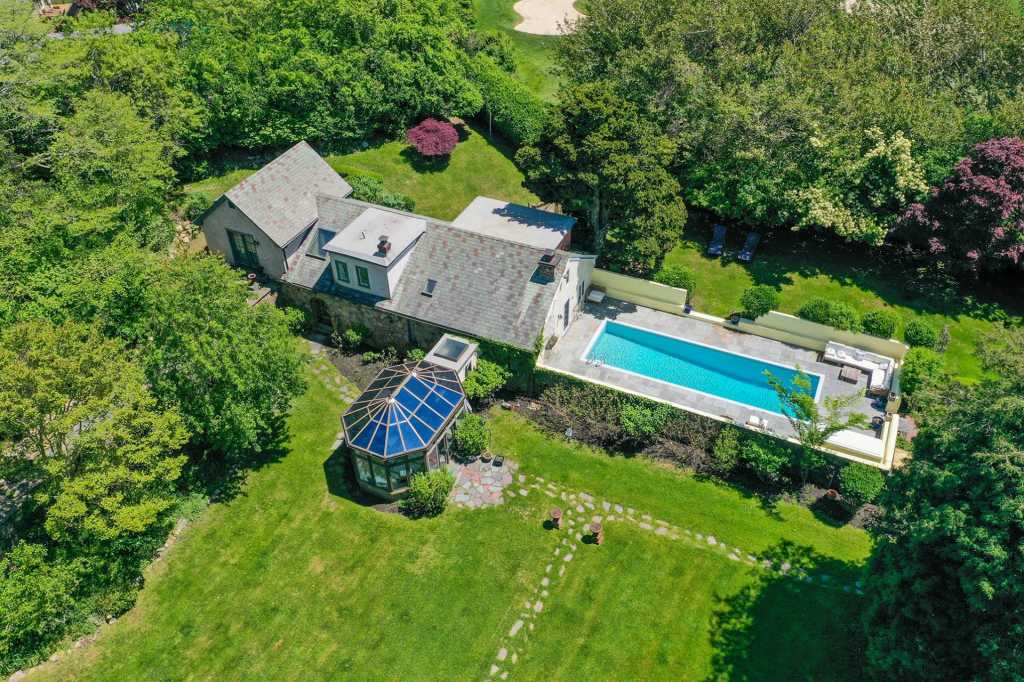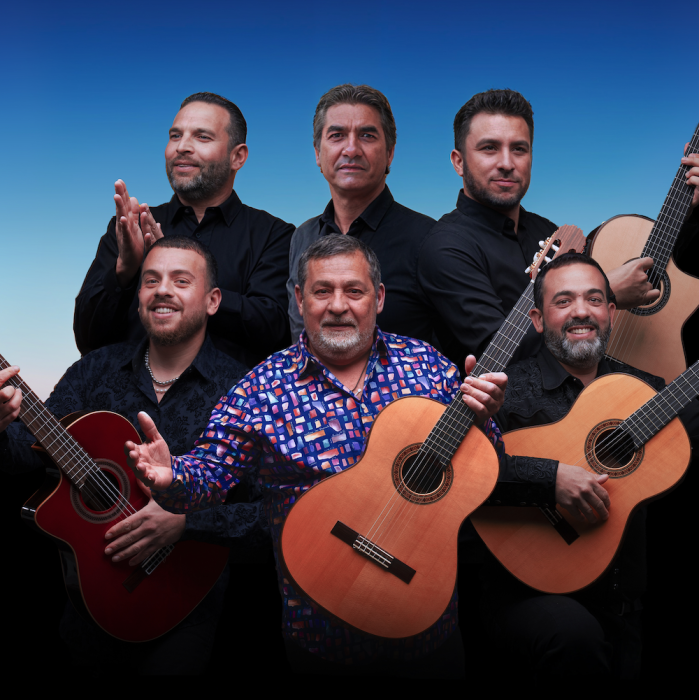Guy Clark: Supporting 211 Helpline's Lifesaving Mission, Advocating for Expansion

Guy Clark has a generosity of heart that has led him to want to be of service to those who are in crisis. Clark is one of a growing number of individuals who support the local 211 Helpline and Crisis Hotline that serves Palm Beach County and the Treasure Coast.
211 responds to hundreds of requests for help every single day from people in crises that may range from having no food to being actively suicidal – and everything in between.
“It doesn’t matter what your crisis is, we want to help,” says Clark, an interior designer and realtor who operates primarily in Palm Beach and The Hamptons in New York. The local 211 hotline also answers and responds to calls that come in on the 988 suicide hotline number.
“When someone calls, we help put them in contact with the people or services they need.”
One of the main things they do is help people understand their options. For example, if someone called about their electricity being cut off, the trained, caring staff at 211 would put them in contact with a local organization that can help. It doesn’t stop there. They want to help with the immediate crisis, but they also want to help people with how they got there. They have professionals who can help them talk through what is happening in their lives.
“A crisis could be anything, being homeless, out of food, financial issues, or just needing to talk,” says Clark, whose expertise is in fundraising. “When someone is in a crisis mode, we just want to help them to get the tools they need to try to get better.”
The numbers 211 and 988 are nationally designated, but calls are routed and answered locally, similarly to how 911 is routed to the closest law enforcement agency when you dial that number.
This means the local staff are responding, who have the most current information on local resources. Additionally, they offer additional supports for local residents. One example is 211’s Sunshine program, where volunteers make daily calls to over 600 local seniors. If they get no answer, they initiate an in-person wellness check.
There is a great need for what they do at the Lantana, Fla., center, last year responding to more than 120,000 requests for help. Clark is leaning on his fundraising expertise as 211 is working to raise money for a new facility that would double the size of the current one.
“We’re always looking for more staff and volunteers, but we really need more room,” says Clark, who adds that the current center also has a number of structural problems as well. “With the uncertainty we’re all going through right now, there is a great demand for what we do. A lot of people call because they are depressed, or considering suicide. We have trained specialists available twenty-four hours a day to help.”
Clark began working with 211 Palm Beach/Treasure Coast three years ago. And, while they help more and more people with mental issues, they really help people with basic life issues too. For example, when a hurricane is threatening, people sometimes become too stressed and overwhelmed to navigate. The staff at 211 can update them on evacuation zones and preparation strategies.
Part of what they do is just helping people figure out the next step when they have a problem.
“We don’t want people to not call us because they think their problem isn’t big enough,” Clark explains. “A crisis to you may not be the same as a crisis for someone else. That is OK. We want to encourage people to call.”
Clark and those he works with would rather help someone with a tiny crisis in order to keep it from becoming a big one.
“Sometimes, people are sort of frozen and don’t know how to figure out the next step,” Clark says. “Sometimes all they need is help figuring out the next step. If we don’t know the answer, we try to research and find it. We want to help the caller find the resources they need. We also want to help them, so they don’t end up there again.”
Clark says around 30 people of varying skills are staffing the center around the clock. And, yes, sometimes someone calls because they just want to talk, and that is OK as well.
“We always need volunteers and staff support. We offer in-depth training,” says Clark. “If you’re looking for a worthy cause to get involved with, call and check us out. It is rewarding. And, the need is growing for what we do.”
Staff work with people to help guide them toward long-term stability.
“We want to put them in touch with entities that will help them into immediate and hopefully more permanent situations,” Clark says. “If you’re out of food, we want to put you in touch with a food pantry. If you’re living month to month, we want to figure out what you may need to put you on more sound footing. We had one woman who was feeding three generations on generic diet soda and noodle packets. She was caring for herself, her mother in her nineties and her son in his thirties. We put them in touch with Catholic Charities.”
Clark, who splits his time between Palm Beach and the Hamptons, says that what 211 does is going to be even more important as uncertainty grows, inflation continues, and the possibility that safety nets are being removed for many people.
“I wish there wasn’t a need for 211 and 988, but there is,” says Clark, who had a family member in crisis that led him to want to help. “I just want to be sure that there is always someone there to help when the phone rings.”
The organization’s next fundraiser is “Casablanca” on March 1, 2025, starting at 6 p.m. at The Beach Club, 755 N. County Road in Palm Beach. Tickets start at $650 and are available through Feb. 20. For more information, visit: 211palmbeach.org/2025-spring-celebration.
Todd Shapiro is an award-winning publicist and associate publisher of Dan’s Papers.









